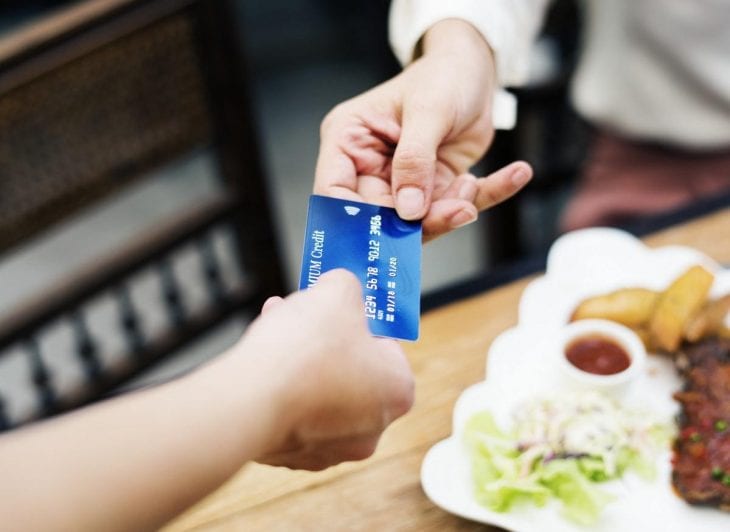Yeah, I said it: I absolutely refuse to even touch my wallet while on a date with a man. This wasn’t always the case. In the past, the fact that I always tried my best to pay my way, regardless of my financial circumstance, was something I wore like a badge of honor. I was the quintessential “independent woman” – I didn’t need a man to take care of or pay for anything for me. I maintained that position for most of my college dating life and at one point was in a relationship with a man who was, well, pretty much broke. Everywhere we went, not only did I pay my way, but I often covered his expenses as well. I thought that was fair and that I should not play into gendered expectations that dictate what men or women should do. Then, I was hit with a dose of reality.

Source: Everyday Feminism
There is very little difference between subscribing to “colorblind” ideology and “gender blindness.” Like race, gender influences so many aspects of our lives: the expectations society places on us, whether or not we have access to certain spaces, how society interacts with us. These differences have major implications that force men and women — for the most part — to participate in certain ways. As a woman who grew up in a single-parent, female-headed household, I was always told to provide for myself, to never be dependent on a man and to follow the example set by my mother, who somehow managed to be a super-human provider and nurturer. Yet even my mother’s beliefs conflicted with her teachings. During our adolescence and teenage years, my mother often gave my brother more spending money than my sister or I. When I asked her why, she responded, “Well, he’s a man and I know that there is the expectation that he will have to pay if he takes a girl out.”
This logic justified why she felt comfortable handing him her debit card for his weekend escapades, but often hesitated to do the same for my sister or I. It also explained why she was more focused on him getting a license or a car than her daughters. It’s not that she didn’t want to help us, she just didn’t have the means to do so equally, and she understood that society places different expectations on men and women. I cannot fault her for that belief, because most millennials, when they began to date, still maintained the same gendered expectations. Most young women still expected the young men to pay. Larger society was and is still structured in a very gendered way, whether or not I choose to accept that fact.

Source: Pinterest
I fought dutifully against it, because I was taught it was the only way by which society would accept me as a free, independent, autonomous human being. I internalized messages from feminism and liberalism that taught me the only way I could lay claim to those titles as a woman was to single-handedly accomplish and achieve, to never depend on anyone. That I had to pave and pay my own way completely. I now completely reject that premise.
Many of the men that I date, like my brother, receive or have received assistance from society to enable their autonomy – their families prioritized male independence and workplaces still pay men and women disproportionately for the same work, for example. That support, however, does not infringe on their ability to lay claim to their “independence.” That support is granted under the premise and guise that it will be returned to the women from which it was displaced in the very first place in an actor of “valor” by men who must pick up the tab on a date. In other words, a man who pays for a date is merely compensating for society’s imbalance and inequality. He is restoring equality. This is especially true in dating White or Asian men who – statistically speaking – has a weekly median income of nearly 2-3 times that of women of color.

Source: Food & Dating Magazine
I have come to a place in my existence where I no longer feel like I have anything to prove. I am a thinking, hardworking, autonomous human being. I am also a woman, and a Black woman at that, who is constantly fighting for the right to claim an independence that has been hindered and even made secondary to that of my male peers. Why should I believe I must overcome this inequality without the assistance of a man who wants to pursue me romantically? Why is my effort to reach for the check anything more than pretense? Society has never treated me as “equal” to the man sitting across from me, yet all of a sudden the playing field is leveled? It’s not, and I will not pretend otherwise, nor will I afford a man who’s trying to date me the right to believe it is.
In my opinion, the act of paying for a date is merely acknowledgement of that fact.
Original by: Tiffanie Drayton
